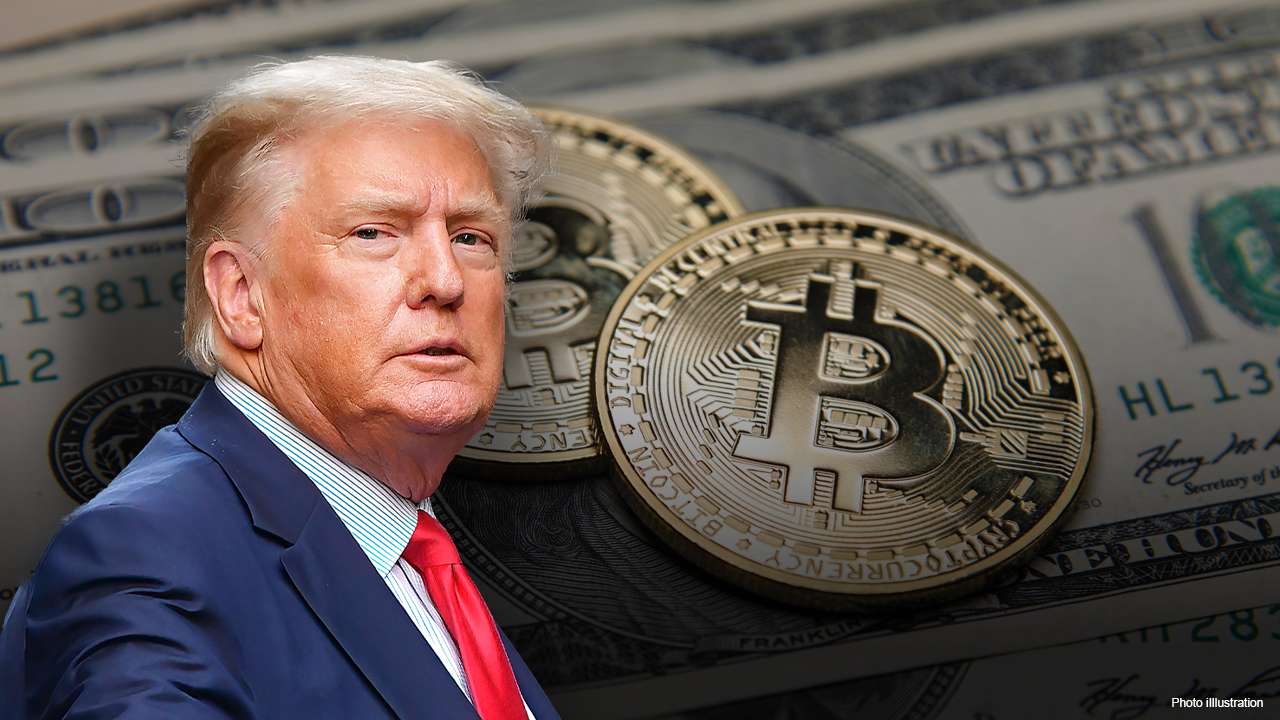A coalition of fintech and crypto industry leaders is calling on former U.S. President Donald Trump to take a stand against proposed data-access fees that major banks want to impose on financial technology firms. These executives argue that such fees could stifle innovation, harm competition, and limit consumer choice in the rapidly evolving financial services sector.
The Issue at Hand
In the modern digital economy, access to consumer financial data is crucial for fintech and crypto companies to provide services like payment processing, budgeting tools, lending, and crypto trading. Traditionally, this data is shared via secure APIs (application programming interfaces) at little to no cost.
The CEOs’ Argument
Fintech and crypto executives warn that such fees could:
- Raise Costs for Startups and Consumers – Smaller firms may struggle to absorb new expenses, leading to higher service prices for users.
- Reduce Innovation – High fees could discourage experimentation and slow the rollout of new digital financial products.
- Limit Competition – Entrenched banking institutions could consolidate control over financial data, disadvantaging emerging players.
They also stress that open banking principles, which promote secure, consumer-authorized data sharing, are vital to maintaining a competitive and inclusive financial ecosystem.
Why Appeal to Trump?
Trump, the Republican presidential candidate for 2024, has made deregulation and economic growth central to his political platform. Fintech and crypto leaders hope he will publicly oppose the banks’ proposal, positioning himself as a champion for innovation and small-business growth in financial technology.
What’s at Stake for Consumers
If banks succeed in implementing data-access fees, consumers may face:
- Higher costs for financial apps and crypto platforms
- Reduced availability of free or low-cost fintech tools
- Less competition, potentially leading to slower service improvements
Industry Outlook
This debate reflects broader tensions between traditional finance (TradFi) and the emerging fintech and crypto sectors. While banks emphasize security and infrastructure investment, fintech leaders argue that the free flow of consumer-authorized financial data is essential to the sector’s growth.


